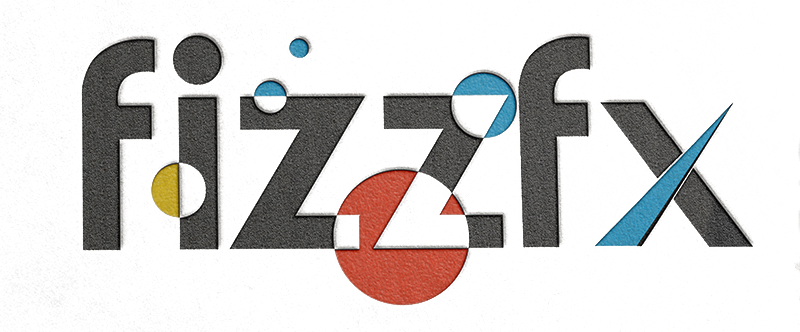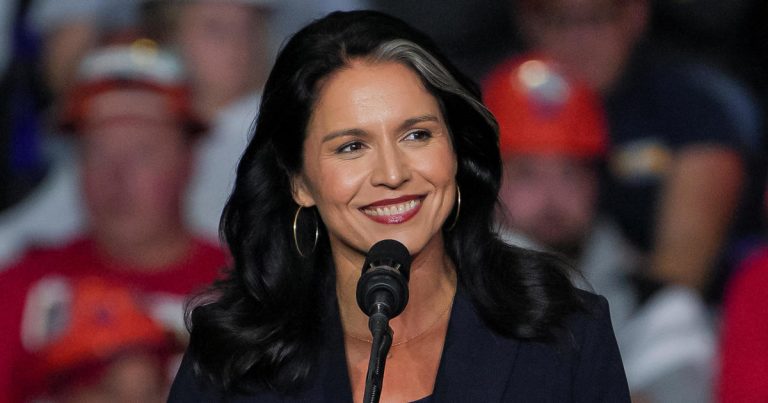The most recent bid reports for the FIFA 2030 and 2034 World Cups have been officially released, marking another milestone in FIFA’s transparent and detailed bid evaluation process. These reports detail the comprehensive evaluation model that FIFA has implemented in the selection of future hosts for its flagship tournaments.
The system, heralded for its thoroughness and transparency, encompasses numerous criteria, stretching from infrastructure and services to commercial aspects, event vision, sustainability, and human rights. This multifaceted approach ensures that the selection process considered a vast array of factors to select the best possible hosts for both the men’s and women’s premier soccer tournaments.
This approach has been a deliberate move on FIFA’s part, initiated with the selection of the hosts for the FIFA World Cup 26 and the 2023 and 2027 editions of the FIFA Women’s World Cup™. It represents an attempt to inject a holistic and inclusive process in the hosting decision and to move away from mere infrastructure and economic considerations for host selection.
One key aspect highlighted in the report is the emphasis on infrastructure. This element is crucial in determining how well the World Cup events can be hosted, factoring in accommodations, stadiums, transport systems, and the ability of the chosen sites to handle mass gatherings of international spectators.
Services, another critical domain, are evaluated with regards to their ability to provide necessary services like security, healthcare, logistics, and hospitality to ensure a smooth running of the event.
Commercial aspects are duly considered to assess the potential financial impact and benefits that a World Cup would bring in its wake. FIFA takes into account direct economic benefits derived from sponsorships, ticket sales, merchandising, as well as indirect benefits such as potential boosts to tourism and international stature.
The bidding process also takes into account the event vision. This involves examining the proposed theme, cultural significance, and potential impact of the event on promoting football globally. Sustainability forms a significant part of this vision, with weightages given to how the event can boost economic, environmental, and social sustainability.
Lastly, the bid reports underline human rights as an integral part of the selection process. FIFA examines the hosts’ commitment to protect and respect human rights, including labor standards, non-discrimination, and the freedom of the press, surrounding the World Cup.
It is clear that the FIFA’s comprehensive evaluation model effectively integrates various significant domains to ensure holistic and transparent decision-making in the selection of future World Cup hosts. This approach, initiated with the selection of the hosts of the FIFA World Cup 26 and further applied in the bidding process of the 23 and 27 editions of the FIFA Women’s World Cup™, reiterates FIFA’s commitment to creating a tournament that is not only globally inclusive but also economically, socially, and environmentally responsible.
As the world anticipates future editions of the FIFA World Cups, this comprehensive evaluation model stands as an example of a more responsible, inclusive, and transparent approach to organizing marquee sporting events.




